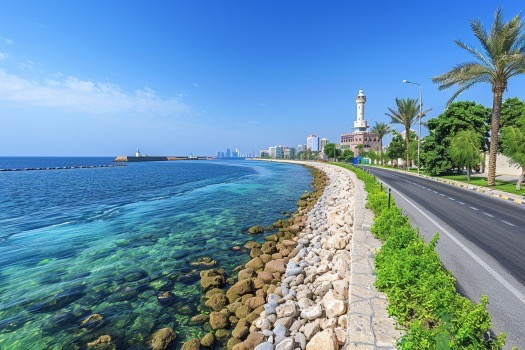Vietnamese President Vo Van Thuong Resigns Amid Political Turmoil
Amidst a whirlwind of political turmoil, the Vietnamese Communist Party has approved the resignation of President Vo Van Thuong, a move that could have repercussions on foreign investors’ confidence in the country, as reported by Reuters.
The government released a statement citing Thuong’s violation of party rules, stating that his actions had a negative impact on public opinion and tarnished the reputation of the Party, State, and himself personally.
After just about a year since his election, the Central Party Committee, a key decision-making body in Communist Party-ruled Vietnam, gave the green light to Thuong’s resignation. Although the president’s role is largely ceremonial, it is one of the top four political positions in the Southeast Asian nation.
Efforts to reach the presidential office for comment were unsuccessful, as the committee’s decision preceded an extraordinary session of Vietnam’s parliament scheduled for the following day to confirm the party’s decisions.
While the government’s statement did not specify Thuong’s shortcomings, recent leadership changes in the one-party state have been tied to the “blazing furnace” anti-bribery campaign, which aims to combat corruption but has also been viewed as a tool for political infighting.
Foreign investors and diplomats have expressed concerns that the anti-corruption campaign has slowed down decision-making processes, exacerbating the already cumbersome bureaucracy in the country.
Thuong, aged 53, resigned shortly after Vietnamese police disclosed the arrest of a former provincial head for corruption allegations dating back a decade, a period during which Thuong served as the party chief in that region.
Seen as a close ally of General Secretary Nguyen Phu Trong, Vietnam’s most influential figure and the driving force behind the anti-graft campaign, Thuong’s departure adds to the political uncertainty in the country.
The current political crisis may find resolution in the prompt election of a new president, but the repeated reshuffling of top leaders poses a risk of dampening business sentiment in a country heavily reliant on foreign investment.
Following news of the impending resignation of the president, the Ho Chi Minh City stock exchange experienced a nearly 3% drop in the first trading hours, with foreign investors recording net sales of around $80 million in the initial days of the week, according to Mirae Asset Securities.
An advisor to foreign corporates based in Vietnam warned that Thuong’s removal could lead to further delays in policy and administrative decisions, as officials grow more cautious amidst the anti-corruption campaign.
While Vietnam’s stance on key policies is not anticipated to change, the premature departure of two presidents within a year raises concerns about the predictability and reliability of the system, potentially impacting investment decisions, according to Florian Feyerabend from Germany’s Konrad Adenauer Foundation.
Despite the uncertainties, Vietnam’s overall political governance system remains stable, and the country’s foreign policy of maintaining positive relations with the United States and China is expected to persist. — CNN



